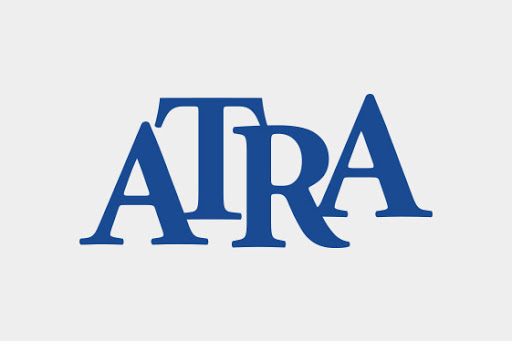‘Highly Unusual’ Rehearing of Louisiana Case Raises Judicial Independence Concerns
Louisiana Supreme Court Waffles Under Political Pressure, ATRA Brief Urges Court to Stand Strong

ATRA states its disappointment in the 9th Circuit Court of Appeals’ decision that certain public nuisance climate lawsuits can proceed in state court.
This week, the 9th Circuit Court of Appeals decided that climate lawsuits filed by San Mateo County and the cities of San Francisco and Oakland can proceed in state court. The lawsuits utilize an obscure area of the law called “public nuisance” to place the blame for global climate change on a few energy companies that develop and sell the energy used by consumers and businesses.
We are disappointed in the 9th Circuit’s failure to push back on the expansion of public nuisance law by allowing these cases to move forward in state court, and their failure to recognize climate change as a problem requiring a global solution – not a patchwork of local lawsuits.
The ultimate result will be a hodgepodge of lawsuits across the nation that burden our court system, create uncertainty and fail to create any real solution.
This is a matter that should be addressed by Congress and government agencies that have the authority to regulate energy and the environment – not local courts. It is the responsibility of accountable public officials to protect the public interest and determine appropriate policy solutions to address issues as globally reaching as climate change.
ATRA’s President Tiger Joyce urged the 9th Circuit to curb the expansion of public nuisance law in a May 14 op-ed entitled “Climate Case Is Ninth Circuit’s Golden Opportunity on Nuisance Suits.”
Louisiana Supreme Court Waffles Under Political Pressure, ATRA Brief Urges Court to Stand Strong
Left unchecked, these jurisdictions will continue dragging down economic growth and undermining justice through rampant lawsuit abuse.
Claimants Given Opportunity to Vote on Plan; Judge to Reconsider Scientific Validity of Plaintiffs’ Experts
Legitimate consumer protection demands sound science and impartial analysis — not distorted data designed to manufacture lawsuits.
Law Firms Spent $168M+ on 2.2M Ads in Georgia
ATRA’s Latest Studies Reveal Financial Influence and Lack of Transparency in Pennsylvania’s Campaign Finance Systems